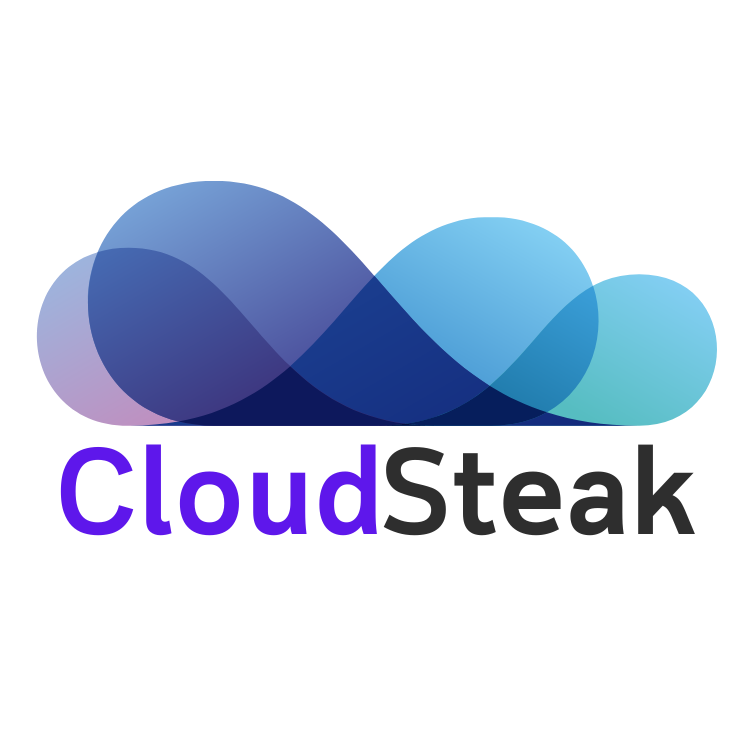Welcome to above the clouds

Azure – General availability: Microsoft Azure available from new cloud region in Poland
Microsoft has announced the opening of the newest cloud region Poland and the first in Central Europe. Read More for the details.

Azure – Update your IoT Edge devices on Ubuntu 18.04 LTS
Ubuntu 18.04 LTS reaches the end of standard support on May 31st, 2023. To continue to receive support and security updates, we highly recommend that you update your host OS to a Tier 1 supported platform. Read More for the details.

Azure – Public Preview : Azure Cosmos DB for PostgreSQL Data Encryption with Customer Managed Keys
Data encryption with customer-managed keys (CMK) for Azure Cosmos DB for PostgreSQL allows you to bring your own key for data protection at rest. Read More for the details.

Azure – New Azure Virtual Desktop features to answer our customers’ top needs
New capabilities recently released that improve storage, enhance configuration, deliver exceptional endpoint security, and more. Read More for the details.

Azure – Generally available: Azure Event Hubs Dedicated self-serve scalable clusters for mission critical Kafka, AMQP and HTTPs workloads
Run you mission critical Kafka, AMQP and HTTPS event streaming workloads with consitenct low latency. Read More for the details.

Azure – Generally available: Zone Redundant Storage for Azure Disks is available in Southeast Asia, Australia East and Qatar Central.
Zone Redundant Storage (ZRS) for Azure Disks is now available on Azure Premium SSD and Standard SSD in Southeast Asia, Australia East and Qatar Central. Read More for the details.

AWS – AWS Config now supports 24 new resource types
AWS Config now supports 24 more resource types for services, including AWS Route 53 Resolver, Amazon Elastic Computer Cloud (Amazon EC2), AWS IoT Wireless, AWS Network Manager, AWS Device Farm, AWS Ground Station, Amazon AppFlow, Amazon Redshift, Amazon Pinpoint, AWS IoT, AWS AppConfig, AWS Image Builder, Amazon CloudWatch, AWS Panorama, Amazon SageMaker, Amazon Elastic Container […]

AWS – AWS Elemental MediaConnect adds support for SRT failover
Starting today, AWS Elemental MediaConnect supports failover for streams that have SRT caller or listener sources. You can configure SRT failover via the AWS Management Console, CloudFormation, the AWS CDK, or the MediaConnect API. Read More for the details.

AWS – AWS Compute Optimizer now supports filtering by tags
AWS Compute Optimizer now supports the ability to filter your rightsizing recommendations by tags. This includes tag keys, tag key and value pairs, or combinations of both. Tag filtering will be available on these rightsizing recommendations pages: Amazon Elastic Compute Cloud (EC2) instance types, Amazon Elastic Block Store (EBS) volumes, AWS Lambda functions, and Amazon […]

AWS – Announcing the general availability of AWS Local Zones in Auckland
AWS Local Zones is now available in Auckland, New Zealand. You can now use AWS Local Zones in Auckland to deliver applications that require single-digit millisecond latency or local data processing. Read More for the details.
